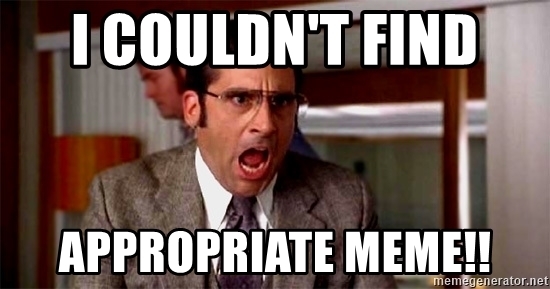
Thread 🧵 of recent #transformation relevant work. Today on problem framings and knowledge types for transformative change. #ClimateAction #BiodiversityCrisis 1/11 

Here is @SalilBenegal @prof_mirya 's paper on the link between sexism and climate denial and policy blocking. link.springer.com/article/10.100… 2/11
“The consistent findings point to the central role that system justifying beliefs about gender play in shaping attitudes about climate change in the USA” Addressing climate change means engaging beyond the ‘problem framing’ of climate change. 3/11
Indeed, today the @TheLancet has explicitly called for action on biodiversity loss and climate change as a matter of health. “We are united in recognising that only fundamental and equitable changes to societies will reverse our current trajectory.” thelancet.com/journals/lance… 4/11
And here @EstherTurnhout @foodgovernance @JeroenCandel @TimoMNL @fadeclerck + more, discuss a role for an IP Food (e.g. @IPBES and @IPCC_CH ), cutting across problem framings. They stress the importance of plurality and diversity of knowledge. science.org/doi/abs/10.112… 5/11
On the topic of diversity of knowledge, @_GeorgeHolmes @untamed__shrew @evelinedesmalen + more, set out this neat argument for better inclusion of Humanities in conservation work conbio.onlinelibrary.wiley.com/doi/full/10.11… 6/11
“Integrating the humanities can ensure conservation research focuses not only on truth seeking, but also that it informs and facilitates dialogues on the plural values and visions related to what to conserve and where, how, and why.” 7/11 

On this topic, some of us got a bit excited by this editorial in @NatureClimate about the need for qualitative understandings… nature.com/articles/s4155… 8/11
… but found ourselves cheering on @stephenworoniekcki’s deconstruction
https://twitter.com/StephenWoroniec/status/14337752857369681929/11
And as a final note, lets be clear that knowledge and problem framings are political and corruptible. See this from @BenFranta tandfonline.com/doi/full/10.10… 10/11
"... the fossil fuel industry has funded biased economic analyses to oppose climate policy and highlights the need for greater attention on the role of economists and economic paradigms, doctrines, and models in climate policy delay” 11/11
• • •
Missing some Tweet in this thread? You can try to
force a refresh



